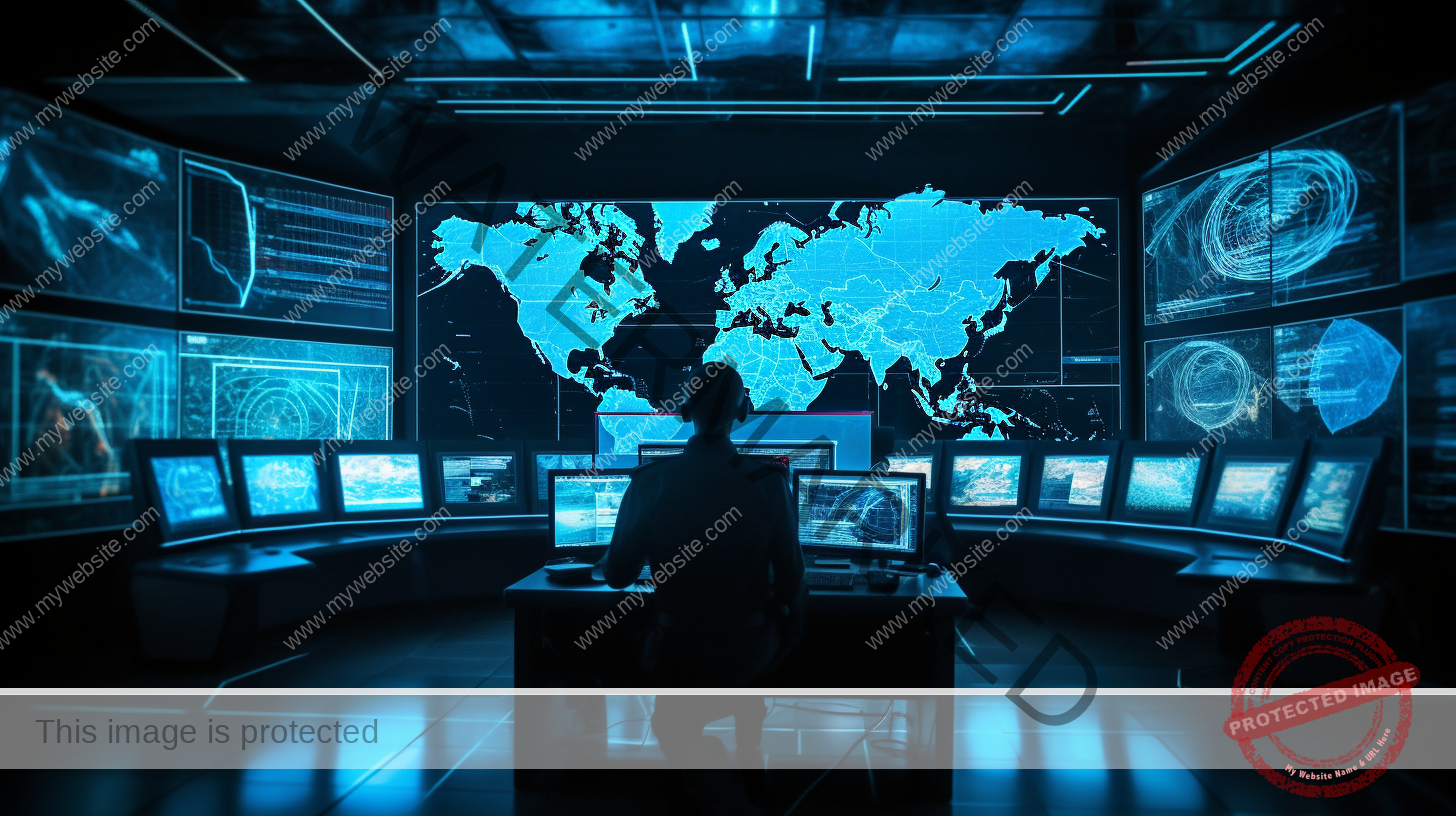Hichem Karoui
1. Introduction
The prospect of a direct military confrontation between Russia and NATO forces is a scenario that has long concerned policymakers, military strategists, and scholars of international relations. Such a conflict would have profound implications for global security and, most immediately, for the European continent. This article aims to explore the potential consequences of such a war for Europe, assess the possible motivations behind it, and examine the complex interplay of geopolitical interests that could lead to such a catastrophic event.
2. Historical Context: Europe’s Role in Past World Wars
To understand the potential impact of a Russia-NATO war on Europe, it is essential to first examine the historical context of Europe’s involvement in past global conflicts.
2.1 World War I and Europe’s Devastation
The First World War, which erupted in 1914, was primarily a European conflict that drew in global powers. The war resulted in unprecedented destruction across the continent, with millions of lives lost and vast areas of land left in ruins. The conflict reshaped the political landscape of Europe, leading to the collapse of empires and the redrawing of national boundaries.
2.2 World War II and Its Lasting Effects on European Nations
World War II, following closely on the heels of the First World War, once again saw Europe as the primary theater of conflict. The devastation wrought by this war was even more extensive, with entire cities reduced to rubble and populations decimated. The aftermath of World War II led to a dramatic shift in global power dynamics, with Europe divided into spheres of influence between the United States and the Soviet Union.
3. Europe as a Potential Battleground in a Russia-NATO Conflict
In the event of a direct war between Russia and NATO, Europe would likely once again find itself at the center of the conflict, facing severe consequences.
3.1 Geographical Vulnerabilities
Europe’s proximity to Russia makes it particularly vulnerable to both conventional and nuclear attacks. Countries in Eastern Europe, such as Poland and the Baltic states, would be on the front lines of any potential conflict. Western European nations, while geographically more distant from Russia, would still be within range of long-range missiles and strategic bombers.
3.2 Military Preparedness of European NATO Members
The military capabilities of European NATO members vary significantly. While some countries, like France and the United Kingdom, maintain robust defense forces, others have struggled to meet NATO’s defense spending targets. This disparity in military readiness could have significant implications for Europe’s ability to defend itself in the event of a Russian attack.
3.3 Potential for Nuclear Escalation
Perhaps the most concerning aspect of a potential Russia-NATO war is the risk of nuclear escalation. Both Russia and several NATO members possess nuclear weapons, and the use of even a single tactical nuclear weapon could have catastrophic consequences for Europe and beyond.
4. Assessing Europe’s Potential Gains from a War with Russia
While the costs of a war with Russia would undoubtedly be enormous for Europe, it is worth considering whether there could be any potential benefits or strategic advantages to be gained from such a conflict.
4.1 Geopolitical Considerations
A decisive defeat of Russia could potentially lead to a reduction in its ability to project power and influence in Eastern Europe and the former Soviet republics. This could potentially enhance the security and sovereignty of nations that have historically been under Russian influence. Yet, considering the amount of weaponry at Mr Putin’s disposal, and his firm resolve to use nuclear weapons in case his country is hit, surviving a Russian defeat is for Europe just a pipedream. It will be perhaps assured mutual destruction, or the destruction of half of Europe if not more. Just consider the huge geography of Russia, and you will understand who will survive. Unfortunately, if this happens, there will be no European historians to talk about it.
4.2 Economic Implications
In the long term, a weakened Russia might open up new economic opportunities for European nations, particularly in the energy sector. However, these potential gains would likely be far outweighed by the immediate economic devastation caused by the war itself. On the assumption that nuclear weapons are not used, the European economy will suffer as much as the Russian.
4.3 Energy Security and Resource Control
Some may think that a conflict with Russia could potentially lead to greater European control over energy resources in the region, reducing dependence on Russian oil and gas. However, this would come at an enormous cost and would likely be accompanied by severe disruptions to global energy markets. Yet, victory is not granted, neither for NATO nor for Europe.
So, what if such a confrontation with Russia is not really in the interest of Europe? What if negotiation and diplomatic solution for the Ukrainian crisis is the best choice? This is something to consider seriously, while the USA may be willing to continue the showdown pushing Europe to contemplate the precipice on which it stands.
5. Examining the Hypothesis of U.S. Motivation for Conflict
The suggestion that the United States might seek to instigate a war between Russia and NATO to weaken both Russia and Europe is a complex and controversial hypothesis that warrants careful examination.
5.1 Historical Precedents of U.S. Foreign Policy
Throughout the Cold War and in its aftermath, the United States has pursued policies aimed at maintaining its global hegemony and preventing the rise of potential rival powers. This has included efforts to contain Soviet and later Russian influence, as well as initiatives to shape the political and economic landscape of Europe.
5.2 Potential Strategic Advantages for the United States
In theory, a conflict that weakened both Russia and Europe could potentially enhance the United States’ relative power on the global stage. A divided and weakened Europe might be more dependent on U.S. leadership and protection, while a diminished Russia would pose less of a challenge to U.S. interests globally.
5.3 Counterarguments and Alternative Perspectives
However, the notion that the United States would deliberately seek to provoke such a devastating conflict is highly contentious and runs counter to many of its stated foreign policy objectives. The U.S. has long emphasized the importance of European stability and has invested heavily in NATO as a cornerstone of its security strategy. Furthermore, the economic and political costs of such a conflict would likely have severe negative repercussions for the United States as well.
6. Conclusion: The Multifaceted Nature of Modern Geopolitical Conflicts
The potential for a direct war between Russia and NATO, with Europe as the primary battleground, remains one of the most serious security concerns of our time. While history suggests that Europe would indeed bear the brunt of such a conflict, the complex nature of modern geopolitics makes it difficult to predict with certainty how such a scenario would unfold.
The notion of Europe “winning” from such a conflict is problematic, as the devastation wrought by modern warfare would likely far outweigh any potential strategic gains. Similarly, the hypothesis that the United States might seek to instigate such a conflict for its own benefit, while thought-provoking, fails to account for the complex web of alliances, economic interdependencies and shared security interests that characterize the modern international system.
Ultimately, the prevention of such a catastrophic conflict must remain a paramount objective for all parties involved. Diplomatic efforts, arms control agreements, and measures to enhance mutual understanding and reduce tensions between Russia and NATO should be prioritized to ensure that the horrors of past world wars are not revisited upon the European continent or the wider world.
A Russia-NATO war would have devastating consequences for Europe and the entire world. The human, economic, and geopolitical costs would be immense and long-lasting. While such a conflict remains unlikely due to the doctrine of mutually assured destruction, ongoing tensions and potential miscalculations mean the risk cannot be dismissed entirely.
Ultimately, diplomacy, de-escalation, and a recommitment to arms control agreements offer the best path forward. European nations must work to maintain dialogue with Russia. Only through sustained efforts to reduce tensions and build trust can Europe hope to avoid the catastrophic scenario of a Russia-NATO war and ensure long-term peace and stability on the continent.
7. Frequently Asked Questions
- Q: How likely is an actual war between Russia and NATO?
A: While tensions are high, a full-scale war remains unlikely due to the enormous risks and costs for both sides. However, the possibility of unintended escalation or miscalculation means the threat cannot be completely discounted. - Q: Would a Russia-NATO war automatically lead to nuclear warfare?
A: Not necessarily, but the risk of nuclear escalation would be extremely high. Both sides would likely try to keep the conflict conventional initially, but the temptation to use tactical nuclear weapons could grow if one side faces defeat. - Q: How would a Russia-NATO war affect global energy markets?
A: Energy prices would likely skyrocket due to disruptions in Russian oil and gas exports. This would cause severe economic shocks worldwide, particularly in Europe which is heavily dependent on Russian energy. - Q: What role would cyber warfare play in a Russia-NATO conflict?
A: Cyber attacks would likely be a major component, targeting critical infrastructure, communications, and military systems. This could cause widespread disruptions even in countries not directly involved in the fighting. -
Q: How would neutral European countries be affected by a Russia-NATO war?
A: Even neutral countries would face significant economic and security impacts. They may experience refugee crises, energy shortages, and pressure to choose sides in the conflict.

